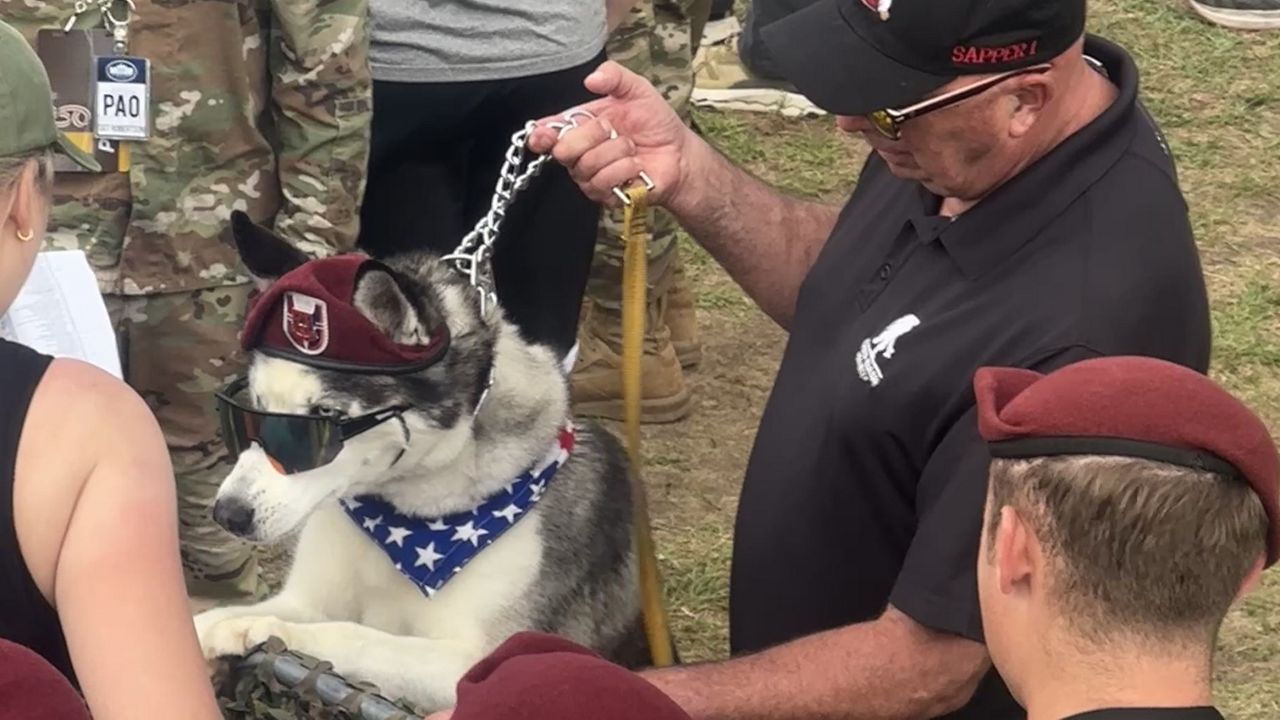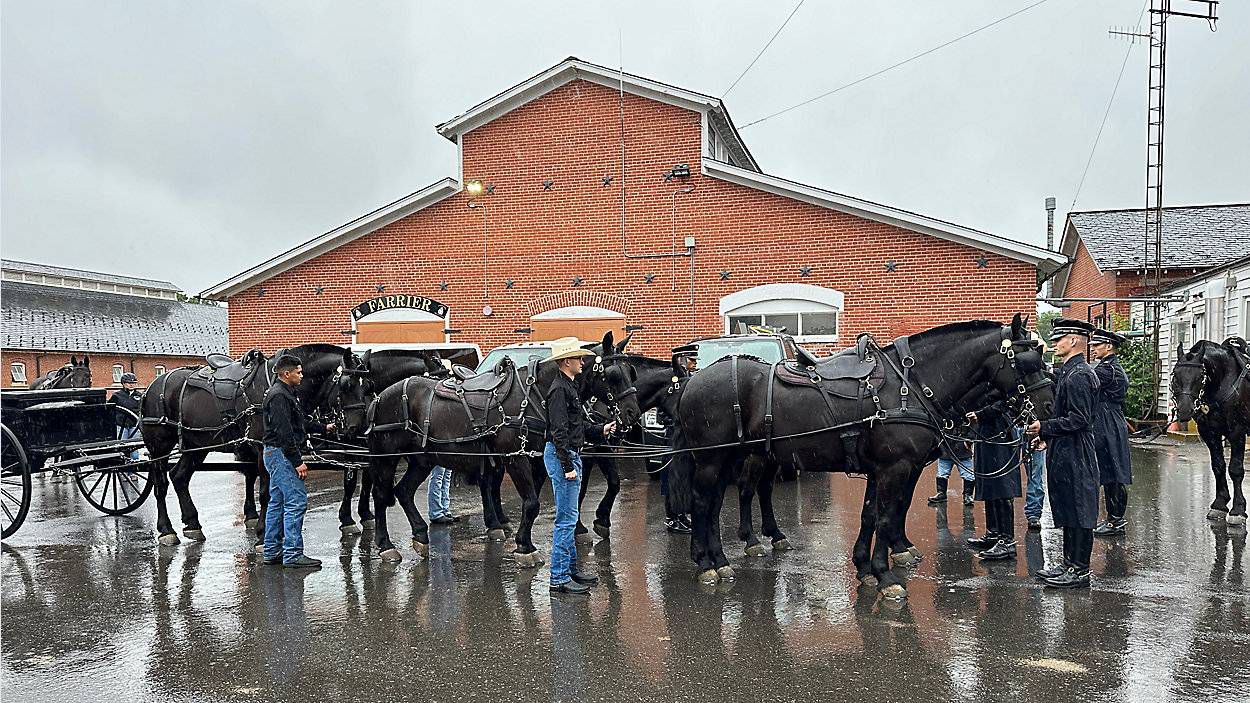FAYETTEVILLE, N.C. — As the sun rises in the United States, the sun will not set on American troops in Afghanistan anymore.
September 1 marks the first day after the full withdrawal of soldiers from the country in the longest-running war in U.S. history.
Afghanistan is the longest war in U.S. history
Rob Sparks, 56, an Air Force veteran of 23 years, and he said he is proud of his service in Afghanistan from 2006-2007
He says the way the U.S. military went into the country is very different from how they left
On August 14, a mass exodus of American and Afghan civilians, along with members of the Armed Forces, exited a war-torn nation.
“After 20 years of war in Afghanistan, I refuse to send another generation of America's sons and daughters to fight a war that should have ended long ago," said President Joe Biden in an addres to the nation.
Rob Sparks, a 23-year veteran of the Air Force, says he felt it was not the right time for U.S. forces to leave.
“Personally, I don’t think it was handled correctly. To be honest with you, I think it’s a pretty disgusting display of leadership,” Sparks said.
Sparks was stationed at the Bagram Air Base in Afghanistan with the 23rd Fighter Wing, known as the "Flying Tigers," from 2006 through part of 2007.
“I'm not ashamed of anything I did over there. I mean, the American troops and all branches over there did their job in protecting this country,” he said.
One of the things that haunts him are the radio calls he received that notified troops a caravan of fallen soldiers would roll by their perimeter.
“Everyone would go to the roads, and a Hum-V would drive by real slow with a caravan of caskets in the back,” Sparks said. He paused for a moment as he tried to gather his thoughts. “It’s hard to talk about sometimes.”
The exit from the country in 2021 doesn’t receive the same acclaim from Sparks as the entrance to it in 2001.
“We went in like a lion and left like a lamb,” Sparks said.“We went in like a lion and left like a lamb,” Sparks said.
Sparks now works at the School of Hope in Fayetteville. He compared the mass exodus from Afghanistan to the fall of Saigon at the closing of the Vietnam War.
“I had an uncle that was in Vietnam. I know how he feels now because the same way it was done now is the same way as Vietnam,” he said.
He said survival can bring on some guilt. For him, he never saw combat in 23 years of service and mostly worked on aircraft.
“You kind of feel a little guilt from that. Why can’t I be out there? But that wasn’t my job. It just wasn’t my job,” he said.
The 56-year-old said the bottom line is he did exactly what his nation called him to do.
“I'm proud to be called an Afghan vet. I know I did my job over there, and I would do it again,” he said.
Reflections and wartime memories are also fresh in the minds of others as well.
Jacquelyn Schimke is a coworker and an Army vet who served in Afghanistan working as a mechanic.
Schimke, 28, said people who have not served in Afghanistan might not fully understand what is happening there.
“I thought it was great at first. I was like, ‘Yes. We are finally doing it. 20 years is too long ... we shouldn’t have been there in the first place.' And and then I saw the repercussions of how it was executed. It’s really frustrating," said Schimke.









